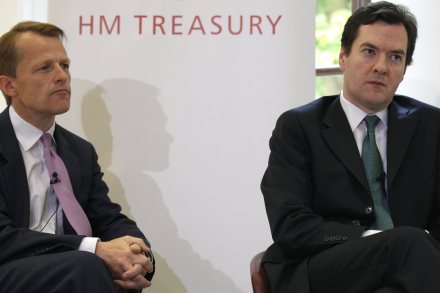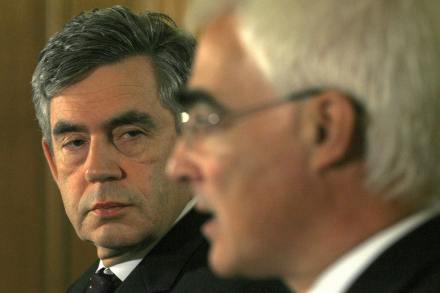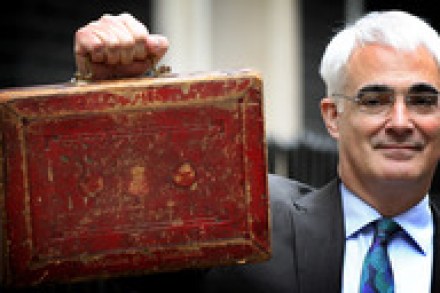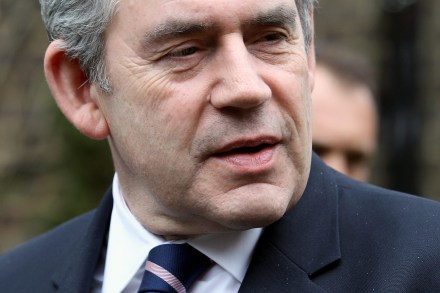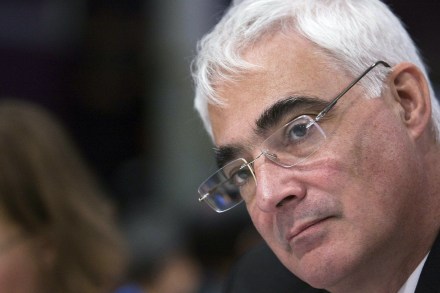The civil service talks cuts
Jonathan Baume is fast becoming one of the political celebrities of the LibCon era. If you recall, he’s the union chief who revealed that the senior civil servants had written letters to Labour ministers in concern at spending decisions made close to the election. And now he’s popped up again, with more unflattering comments about the previous administration. Speaking at his union’s annual conference, he said that “new ministers and MPs must begin to display the personal and moral integrity that was so obviously lacking in the previous Parliament, even within the Cabinet.” Hm, I wonder who he could mean. The most revealing comment Baume makes, though, is about public



